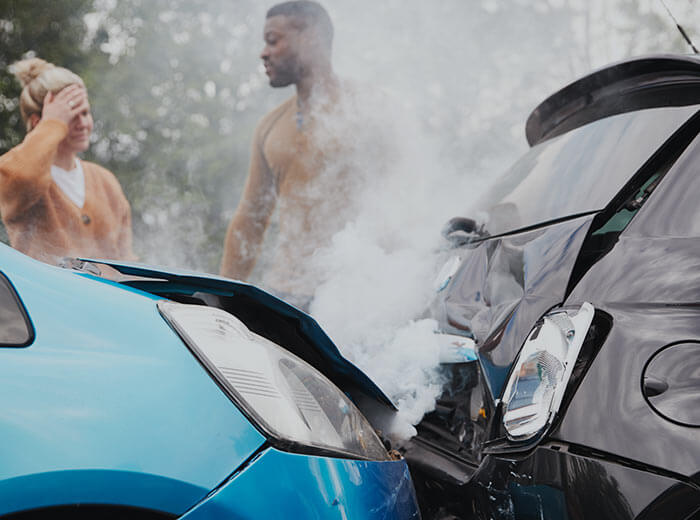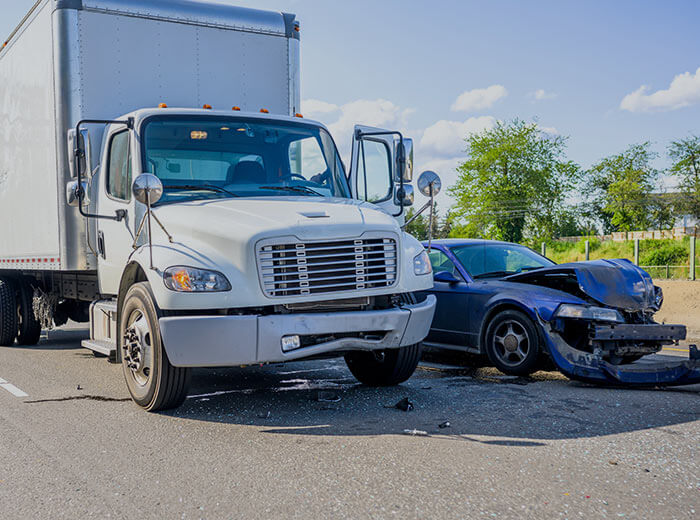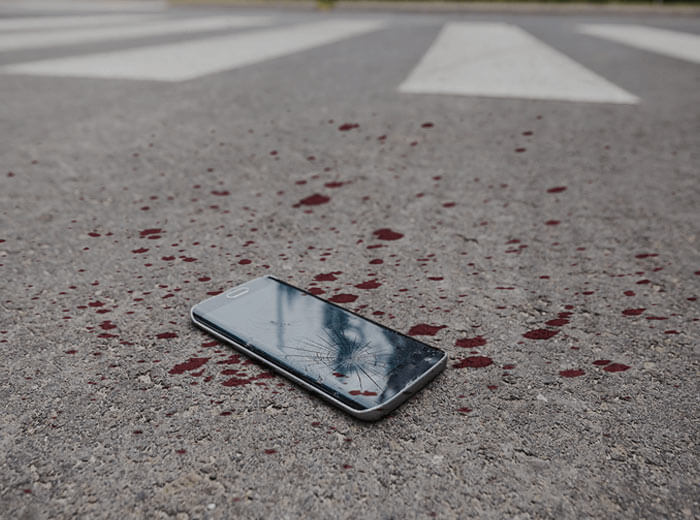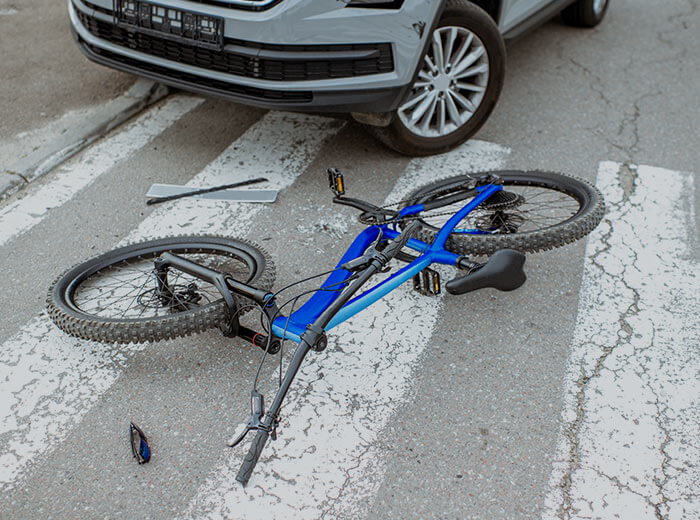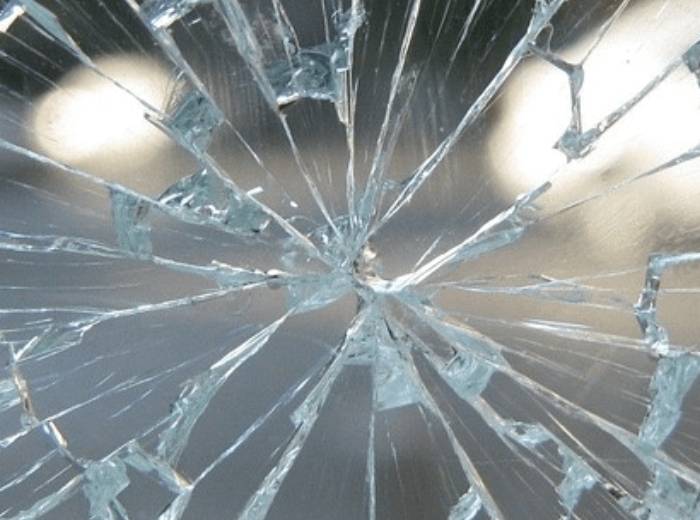
Frequently Asked Questions
Most people are unaware of what coverages they have. You should understand the term “full coverage” applies to your car. This means your car is fully covered and there may be no coverage for your injuries or a rental car. Collision and Comprehensive coverage will cover your car regardless of liability (who’s at fault). Liability coverage covers damage your car causes.
When you purchase liability insurance you purchase coverage only up to a certain amount – that amount is known as a policy limit. Your insurance company is only responsible to pay that limit and you may be personally liable (responsible) for any amount of damage you cause over that limit. If your insurance company is going to fix your car through Comprehensive or Collision coverage you will be responsible to pay a deductible. The deductible is the amount you are responsible to pay before your insurance company issues any payment.
The first option after any collision is to have the responsible party’s insurance company pay for the damages through the applicable liability coverage. In some situations you may be better off getting your insurance company to handle your damages even if you are not at fault for the accident. If that happens, don’t worry; your insurance company will seek reimbursement from the at-fault party’s insurance company for both the money they pay out and your deductible.
You should submit a liability claim as soon as possible to the insurance carrier of the at-fault party. Before the at-fault party’s insurance company is responsible to pay, they are entitled to investigate the claim. The sooner you report the claim, the sooner the investigation will occur, and the sooner you will get your car repaired.
If you are at fault for an accident, you should report the claim immediately. It is common for people not to notify their carrier if they are not at fault, however, most carriers have a policy provision that obligates you to notify them regardless of fault. If you are experiencing unreasonable delays, it is often quicker for you to make a claim with your insurance carrier.
When you call in a claim, you need to get verbal clarification that you are actually setting up a claim. At the conclusion of the call, make sure you receive a claim number – this verifies an actual claim was set up. Don’t be alarmed if the call is being recorded – that is a common practice. Even if you are not feeling pain when calling the insurance company, make sure when asked about your injuries, that you indicate you are not feeling pain “at the time”, but you are not ruling out the potential that you may be injured. Making a statement that you are not injured can come back to haunt you if you have delayed onset injury.
If your car is repairable, you will not need to do much negotiating. The shop that repairs your vehicle will ensure that everything needed to get the vehicle repaired will be paid for – this occurs even when the insurance carrier sends you to one of their DRFs (Direct Repair Facilities). Every insurance company has a legal obligation to work in a sense of Good-Faith and Fair dealing. This is your protection against the insurance carrier trying to have shoddy repair work done to your vehicle for the sake of making/saving money. You may need to negotiate if your vehicle is a total loss.
When your vehicle is a total loss, the insurance company will do market research to determine the value of your car. The insurance carrier is responsible to pay whatever the value of your vehicle is in your geographical area. You too can do research. Use www.nada.com as a resource. You can navigate through the website to input specific data about your vehicle to derive a value. If the insurance company is offering a value between the “trade-in” value and “retail” value, you are receiving a good offer.
If you make a claim through your carrier for comprehensive or collision coverage, you will only be provided a rental if you have “rental” coverage in your policy. If you make a claim with the at-fault party’s insurance company, in most cases, they will provide you with a rental at no cost to you. They, however, will not provide that rental until they have made the determination their insured is responsible for your damages. In rare cases, they will not provide a rental, however they will reimburse your rental expense at the conclusion of your claim.
The quickest way to resolve an unfair offer is to provide the insurance adjuster with your research that shows the higher value of your vehicle. If the adjuster is still unwilling to change his or her valuation, do not hesitate to speak with his/her supervisor. If after speaking with a supervisor, you are unable to reach a resolution, feel free to call our office. If we cannot represent you, we will be sure to give you guidance on how to file a lawsuit on your own.
Copyright © 2007-2025 Godsey Martin LP, All rights Reseved.
Web Design by Pixelchefs.com


